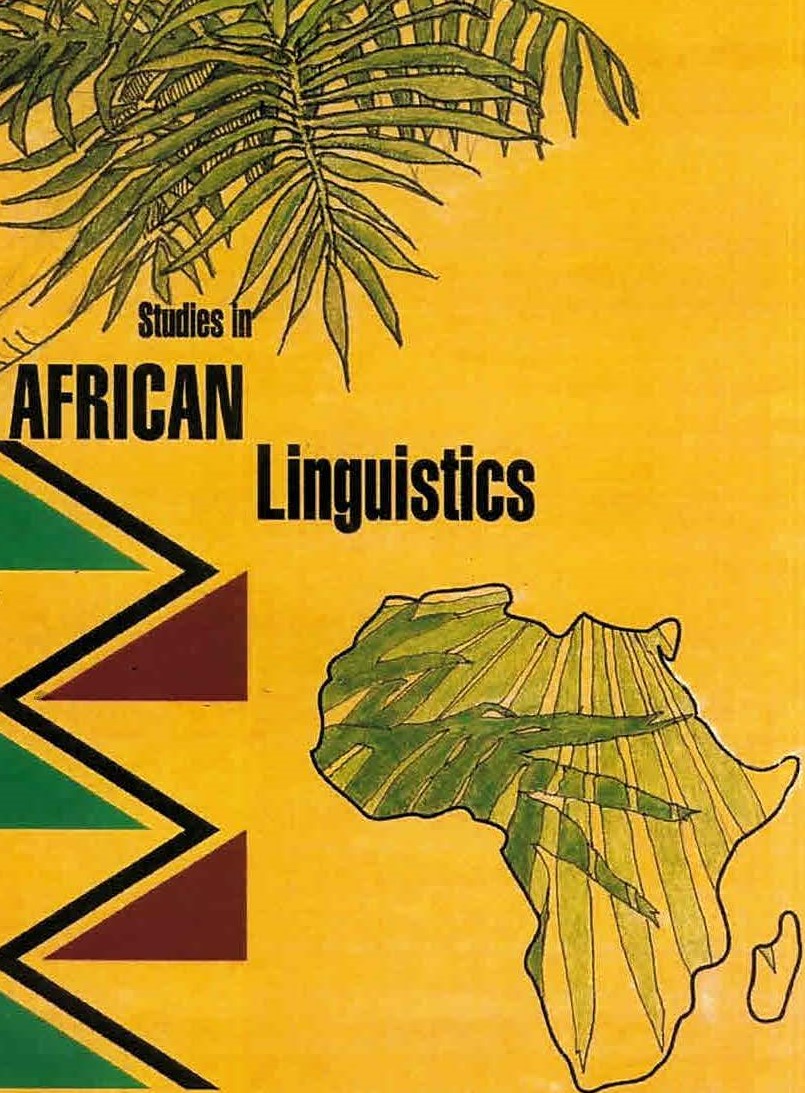Labial-velar stops in Sakata (Bantu C34)
Preliminary phonetic and phonological observations
DOI:
https://doi.org/10.32473/sal.52.1and2.132606Keywords:
phonetic documentation, articulatory phonology, Bantu languages, acoustics, sound changeAbstract
The present contribution bears on the documentation and description of a few unusual sounds, i.e. double labial-velar articulations, in a number of Bantu zone C varieties belonging to the so-called “Sakata cluster” in the southwestern Democratic Republic of Congo (DRC). These phonemes, often considered typical of a linguistic area known as the “Macro-Sudan Belt”, are considerably more common in southern Central Africa than previously thought. The case of the Sakata varieties at hand represents one of particular interest considering the wide array of labial-velar articulations they present. First, we provide a spectral analysis of the data available to us, discussing the question of whether some of the sounds documented here should be described as labial-velar fricatives. Second, we proceed to review well-established models of sound change to test them against our data, with special focus on kiNgingele. We conclude by proposing that the presence of labial-velars in Sakata is part of a broader set of “uncommon” linguistic features present in northwestern Bantu: this, in turn, might point to the fact that the languages of the region went through stages of greater phonological diversity than suggested by today’s relative homogeneity. Sakata labial-velars may just be one trace of this diversity.
Keywords: phonetic documentation, articulatory phonology, Bantu languages, acoustics, sound change
Downloads
Published
Issue
Section
License
Copyright (c) 2024 Lorenzo Maselli, Véronique Delvaux, Jean-Pierre Donzo, Sara Pacchiarotti, Koen Bostoen

This work is licensed under a Creative Commons Attribution-NonCommercial 4.0 International License.


